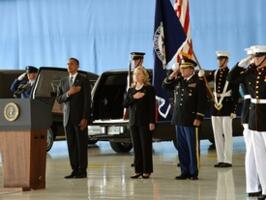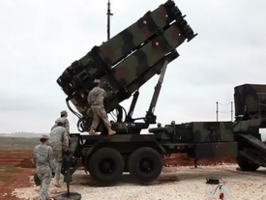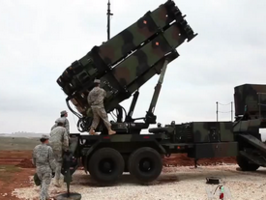Voters Think Americans More Supportive of Israel than Obama, Media Are
Most voters believe their fellow Americans stand behind Israel more than the Palestinians when it comes to the fighting in Gaza, but they aren’t as sure about the Obama administration or the media here and abroad.
Fifty-seven percent (57%) of Likely U.S. Voters say that, in the current conflict in Gaza, most Americans are supportive of the Israelis. A new Rasmussen Reports national telephone survey finds that only eight percent (8%) believe Americans are more supportive of the Palestinians, while 11% think they are equally supportive of both. Eight percent (8%) think most Americans support neither side. Sixteen percent (16%) are undecided. (To see survey question wording, click here.)
(Want a free daily e-mail update? If it's in the news, it's in our polls). Rasmussen Reports updates are also available on Twitter or Facebook.
The survey of 1,000 Likely Voters was conducted on August 10-11, 2014 by Rasmussen Reports. The margin of sampling error is +/- 3 percentage points with a 95% level of confidence. Field work for all Rasmussen Reports surveys is conducted by Pulse Opinion Research, LLC. See methodology.



















